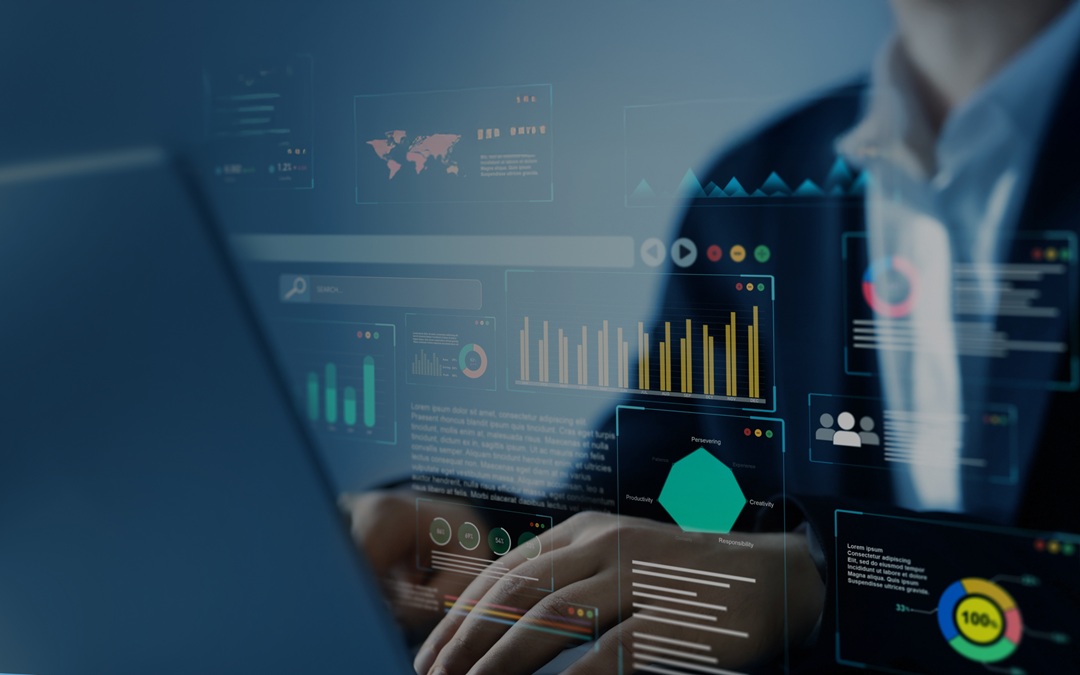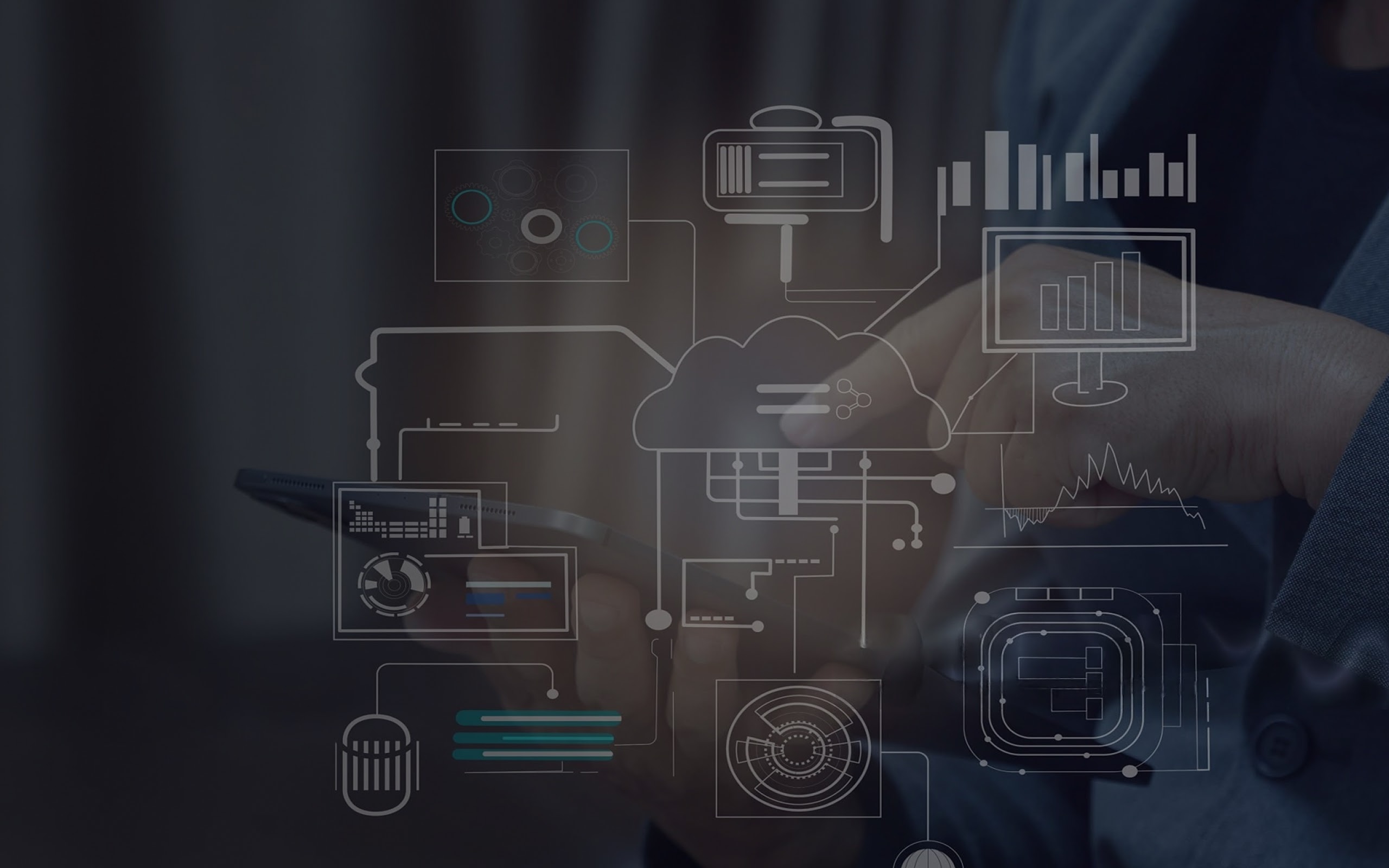Is AI just a flashy new trend that helps you create some amusing or stunning art and whip up amazing content in seconds (not this one) or is it a force for much greater good? Let’s dive into one of the most disruptive tech moments in our recent history in analyzing the use and transformative powers of AI, for not just end consumers but also businesses as customers.
“Enterprise AI can bring joy and meaning to its stakeholders. No more meaningless work, we are delivering value at the speed of need”, golden words from tech leader Vala Afshar, one of the staunchest endorsers of AI tech today as AI continues to drive top-line revenue growth for the Enterprise (B2B).
How AI has evolved from basic tasks to complex processes
AI or Artificial Intelligence which essentially means the use of a machine – typically computer – to perform tasks usually performed by humans such as processing data, making connections, and coming up with solutions has come a long way since its chess playing days.
Since its application in various industries, AI has been changing the way we live and work. From enabling personalized experiences to automating marketing and CRM to processing vast amounts of complex and scattered data, AI has been helping businesses perform increasingly complex tasks.
With recent advances in Machine Learning and large Language Learning Models (LLM) AI is becoming increasingly sophisticated and is being commissioned in a growing range of applications, from healthcare and education to transportation and finance across the B2B/Enterprise industry.
Enterprise AI vs Consumer AI
Enterprise AI is an ecosystem of tools, processes and companies that leverages AI to provide solutions to businesses, as opposed to the end consumer.
To draw a simple example, a generative prompt-based AI tool like ChatGPT or MidJourney is a consumer AI which helps consumers perform individual tasks. On the other hand, Salesforce provides various AI-led tools that help other businesses in their marketing and CRM processes. A 2020 McKinsey study showed that nearly 70% of all businesses are taking AI seriously and increasibly looking to adopt it into their processes.
The potential of AI is virtually limitless across industries and everyday AI is being leveraged to drive efficiency, innovation and growth across sectors. It is being used to automate routine tasks, provide predictive analytics, analyze customer data, and improve supply chain operations. In this article, we’ll dive into how Enterprise AI is transforming business outcomes for customers across industries through four real world examples.
Enterprise AI at play in these five industries
1. Enterprise AI in Ecommerce
For big ecommerce giants that play in a complex and multi-player ecosystem of today, being on top of their competition is the name of the game. However, it’s nearly impossible to keep a tab on the market manually and that’s where Enterprise AI technology in the domain of Price Intelligence and comparisons come in. Once a domain of manual and web scraping, Enterprise AI now equips both brands and ecommerce marketplaces with large, real-time and dynamic data to help them keep on top of competition and adjust their prices and other variables accordingly.
One of the biggest use cases for Enterprise AI in ecommerce is DataWeave, which provides SaaS-based Pricing Intelligence and Digital Shelf Analytics to its retail and ecommerce clients. Their AI-led matching and image recognition, can scrape millions of ecommerce data like price, inventory, image and others across the ecommerce landscape and enable the companies to make strategic pricing and competitive decisions. According to the company, these real-time pricing insights have helped their 50+ retail customers save millions in revenue by offering the right product at the most strategic price points.
2. Enterprise AI in logistics
AI has a profound impact on logistics, transport and global shipping commerce. By predicting demand, identifying the most efficient routes, and improving warehouse management, AI logistics enterprises are helping their enterprise customers improve delivery rates, timelines and helping reduce carbon emissions.
3. Enterprise AI in healthcare
A case study in how AI has helped logistics comes from Far Eye, an AI-led delivery logistics platform, that helped one of its key clients BlueDart improve first attempt success rate by 22% and delivery success rate by 75%.
AI can be used to improve patient outcomes by evaluating patient data, including processing complex medical report imagery and developing personalized treatment plans. One of the biggest players disrupting the field of AI in healthcare is IBM with its “Watson for Oncology”, a SaaS that delivers an advanced ability to analyze the meaning and context of structured and unstructured data in clinical notes and reports, easily assimilating key patient information written in plain English. By combining attributes from the patient’s file with clinical expertise from Memorial Sloan Kettering, external research, and data, Watson for Oncology identifies and ranks potential treatment plans and options. It has been implemented by several hospitals around the world, including established ones like Apollo in India.
4. Enterprise AI in marketing and CRM
It would be a safe assumption to make in saying that marketing is one of the biggest beneficiaries from the evolution of AI. Marketing is at its core all about understanding the consumer and their problems, crafting a messaging and value to appeal to that consumer, and presenting the solutions at the right time and at the right place. Various AI tools, systems and processes have been continuously enriching marketing. From tools to analyse large amounts of customer data, to generative AI content generators like ChatGPT and Grok, to AI-assisted CRM tools that have made personalization at scale a possibility, AI in marketing has been a boon.
One of the case studies in how a large company has been Uber Eats that used Salesforce’s Einstein’s AI that powers its service operations. With a shared view of merchants, end consumer data, and uber-fast response times in issue resolution, the company can keep 25 million restaurateurs and their customers happy.
Sitting at the confluence of technology, innovation, strategy and foresight, the world is limitless in how AI can be leveraged to improve systems, provide solutions, and drive business growth. Enterprises, by harnessing the ever-evolving powers of AI, can improve business outcomes not only for their top line growth and revenue, but also in offering superior customer experiences and service.
To learn more, reach out to us today or email us at contact@dataweave.com.
Book a Demo
Login
For accounts configured with Google ID, use Google login on top.
For accounts using SSO Services, use the button marked "Single Sign-on".




